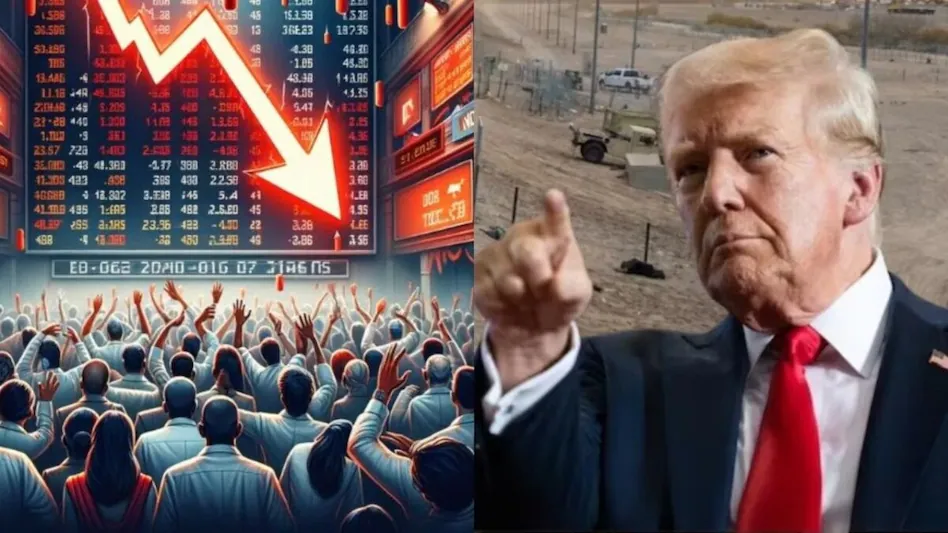Introduction
The global financial markets are facing renewed volatility as the Trump administration announced broader-than-expected reciprocal tariffs. This latest move has raised concerns among investors, particularly in Asia, where equities are expected to face significant downside risks. Nomura, a leading foreign brokerage, has issued a warning stating that the situation is a “risk-negative event” for Asian markets and could further exacerbate recession fears in the United States.
Tariffs Bigger and Broader Than Expected
Nomura’s latest assessment indicates that the tariffs imposed by the Trump administration are more extensive than market participants initially anticipated. The broader scope of these tariffs means that more industries and sectors will be impacted, leading to increased uncertainty in global trade. The brokerage firm also emphasized that the recent tariff announcement is not a “market clearing event,” dashing hopes of investors who were expecting a resolution to trade tensions.
Impact on Asian Markets
Asian stock markets have been sensitive to the ongoing US-China trade war, and Nomura warns that the latest tariffs could trigger further declines. Key concerns for investors include:
Declining Investor Confidence: The broader tariff scope is likely to increase market uncertainty, leading to capital outflows from Asian equities.
Supply Chain Disruptions: Many Asian economies rely on exports to the US. Increased tariffs could negatively impact manufacturing and exports, leading to slower economic growth.
Currency Depreciation Risks: The uncertainty in trade policies could lead to a depreciation of Asian currencies, further impacting foreign investments.
US Recession Fears Intensify
Nomura also highlighted growing concerns about a potential US recession. The tariffs could lead to increased costs for American businesses and consumers, reducing spending power and slowing down economic growth. Some key factors contributing to recession fears include:
Rising Production Costs: Higher tariffs mean increased costs for businesses importing raw materials, potentially leading to reduced profitability.
Lower Consumer Spending: As prices for goods increase, consumer spending may decline, impacting overall economic growth.
Federal Reserve’s Policy Dilemma: The Federal Reserve may face challenges in balancing interest rate decisions while managing inflationary pressures caused by tariffs.
Market Reactions and Investor Strategies
Stock markets across Asia have already shown signs of distress following the tariff announcement. Investors are likely to adopt a cautious approach, seeking safer investment options. Nomura suggests that investors may:
Shift to Safe-Haven Assets: Assets such as gold, the Japanese yen, and US treasury bonds may see increased demand.
Reallocate Portfolios: Investors might reduce exposure to sectors directly impacted by tariffs and focus on domestic-oriented stocks in Asian economies.
Monitor Policy Responses: Central banks in Asia may implement measures to stabilize their currencies and markets, and investors should keep an eye on such policy decisions.

